In the transportation and logistics industry, flatbed trailers play a pivotal role in ensuring the seamless movement of goods across diverse terrains. As a leading manufacturer in the sector, CarMax Vehicle is committed to delivering top-tier flatbed trailers that meet the dynamic needs of businesses worldwide. This comprehensive guide delves into the definition of flatbed trailers, explores their various types, highlights their benefits, and underscores why CarMax Trailer stands out in the market.
Understanding Flatbed Trailers: A Detailed Definition
A flatbed trailer is a versatile type of semi-trailer characterized by its flat, level bed with no sides or roof. This open design facilitates the transportation of a wide array of cargo, including oversized, irregularly shaped, and heavy items that may not fit within enclosed trailers. Typically, flatbed trailers feature sturdy materials like aluminum or steel, ensuring durability and the capacity to handle substantial loads. The absence of fixed sides allows for easier loading and unloading, making them ideal for construction materials, machinery, and other bulk goods.
Key Features of Flatbed Trailers
- Open Design: No sides or roof, allowing for flexible cargo arrangements.
- Durable Construction: Made from strong materials to support heavy and bulky loads.
- Modular Platforms: Some models offer adjustable or removable sections for varied cargo sizes.
- Tie-Down Points: Equipped with multiple secure points for safely fastening cargo.
- Versatility: Suitable for a wide range of industries and cargo types.
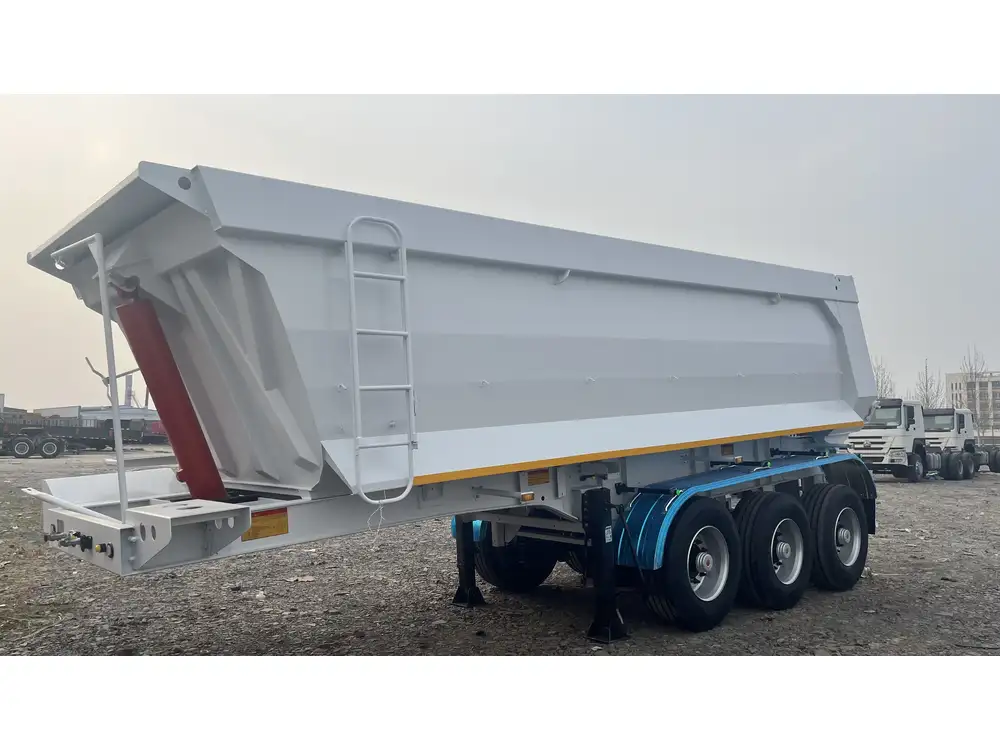
Types of Flatbed Trailers
Flatbed trailers come in various configurations, each tailored to specific transportation needs. Understanding the different types can help businesses select the most appropriate trailer for their requirements.
| Type | Description | Common Uses |
|---|---|---|
| Standard Flatbed | Basic flat platform without any additional features. | General freight, construction materials. |
| Step Deck | Lower deck with a higher platform, allowing the transport of taller loads. | Heavy machinery, oversized equipment. |
| Double Drop | Features two drops in the deck to allow for taller cargo while maintaining a low deck height. | Wind turbine components, large industrial gear. |
| Extendable Flatbed | Adjustable length to accommodate varying cargo sizes. | Long structures like pipes and lumber. |
| Gooseneck Flatbed | Attached to the truck via a gooseneck, offering better maneuverability and weight distribution. | Heavier loads requiring better stability. |
Detailed Overview of Each Flatbed Trailer Type
Standard Flatbed Trailers
The most common type, standard flatbed trailers, offer a straightforward design without any additional complexities. Their simplicity makes them highly adaptable for transporting a wide range of goods. The flat surface allows for easy stacking and securing of cargo, making them a favorite choice for industries requiring flexibility.
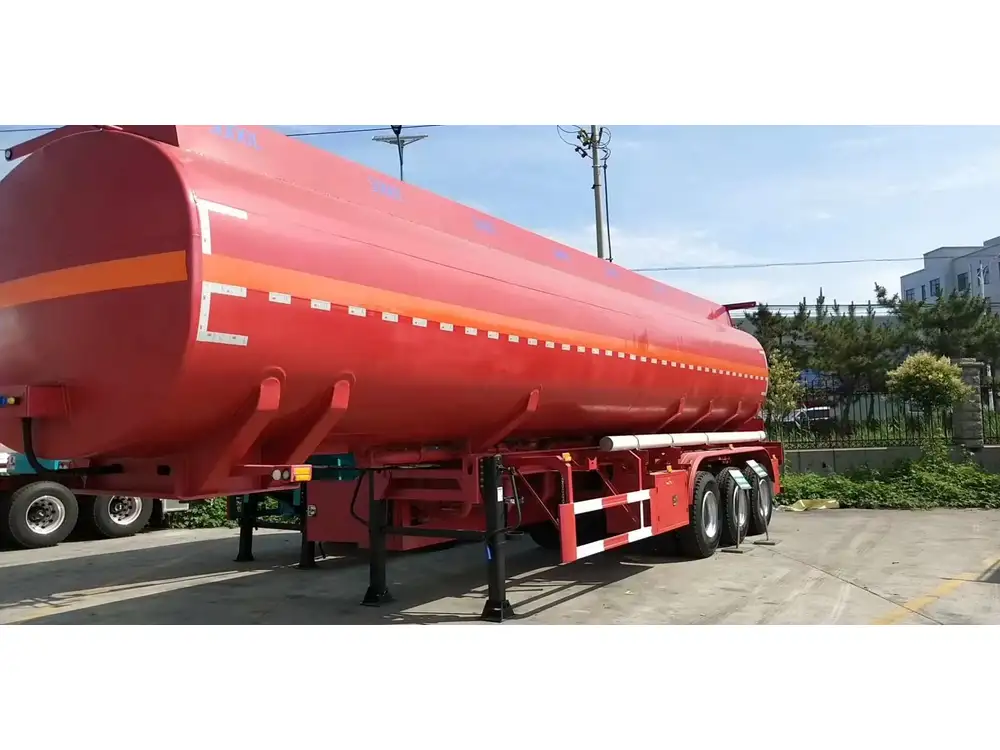
Step Deck Flatbed Trailers
Step deck trailers, also known as low boys, feature a deck that is elevated above the trailer’s axles. This design permits the transportation of taller loads without exceeding height restrictions on highways. They are particularly useful in carrying machinery and equipment that demand extra vertical space.
Double Drop Flatbed Trailers
Double drop flatbeds are engineered to transport exceptionally tall and bulky items. By incorporating two depressions in the trailer deck, they allow for the transportation of large components such as wind turbine blades and industrial machinery, all while maintaining a manageable height for road travel.
Extendable Flatbed Trailers
These trailers offer adjustable lengths, providing the flexibility to transport goods of varying sizes. Extendable flatbeds are ideal for transporting long items like lumber, pipes, and beams, as they can be lengthened or shortened based on the specific cargo requirements.

Gooseneck Flatbed Trailers
Featuring a gooseneck connection, these trailers offer superior maneuverability and weight distribution. They are particularly suited for transporting heavy loads that require enhanced stability during transit, ensuring safer and more efficient deliveries.
Applications and Industries Utilizing Flatbed Trailers
Flatbed trailers are indispensable across multiple industries due to their adaptability and capacity to handle diverse cargo types. Below are some key sectors that rely heavily on flatbed transportation.
Construction Industry
Construction projects frequently require the movement of bulky materials such as steel beams, concrete blocks, and heavy machinery. Flatbed trailers provide the necessary space and strength to transport these items efficiently, contributing to timely project completion.

Manufacturing Sector
Manufacturers often need to ship large components and finished products to various locations. Flatbed trailers facilitate the safe and secure transportation of items ranging from automotive parts to industrial machinery, ensuring smooth supply chain operations.
Energy Sector
The energy industry, particularly renewable energy, involves the transportation of oversized components like wind turbine blades and solar panel arrays. Flatbed trailers accommodate these large items, supporting the deployment of energy infrastructure.
Agriculture
Farmers and agricultural businesses use flatbed trailers to transport equipment, harvested crops, and livestock supplies. The open design allows for easy loading and unloading of goods, enhancing operational efficiency.
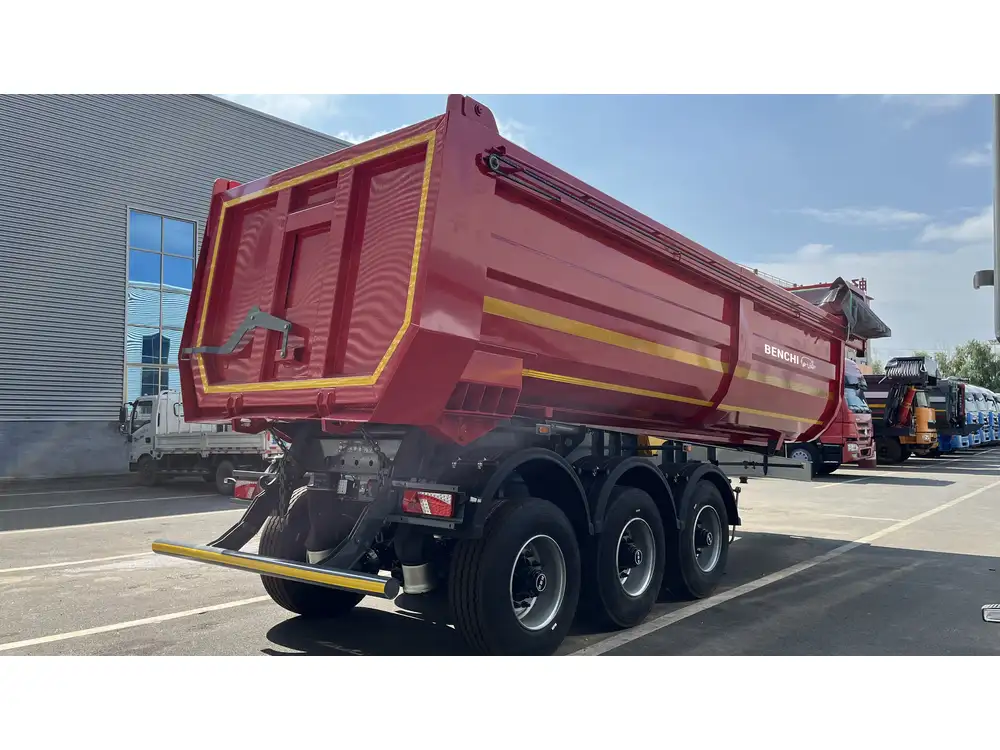
Logistics and Distribution
In the logistics sector, flatbed trailers are essential for moving goods that do not fit within standard enclosed trailers. Their versatility enables the transportation of a wide range of products, contributing to flexible and responsive distribution networks.
Benefits of Using Flatbed Trailers
Choosing flatbed trailers for transportation offers numerous advantages that enhance efficiency, safety, and cost-effectiveness.
Enhanced Loading and Unloading Efficiency
The open design of flatbed trailers allows for quick and easy loading and unloading of cargo. Without the constraints of fixed sides or roofs, items can be placed directly onto the platform, reducing handling time and labor costs.

Versatility in Cargo Types
Flatbed trailers are capable of transporting a vast array of goods, from oversized machinery to construction materials. This versatility makes them a go-to choice for businesses with diverse transportation needs.
Cost-Effective Solutions
Flatbed trailers often incur lower costs compared to specialized trailers because of their simplicity and adaptability. Businesses can leverage flatbed trailers to transport various goods without the need for multiple types of trailers.
Accessibility and Maneuverability
The design of flatbed trailers facilitates access to cargo from all sides, making it easier to secure loads. Additionally, certain types like gooseneck flatbeds offer improved maneuverability, enabling drivers to navigate tight spaces and challenging routes with greater ease.
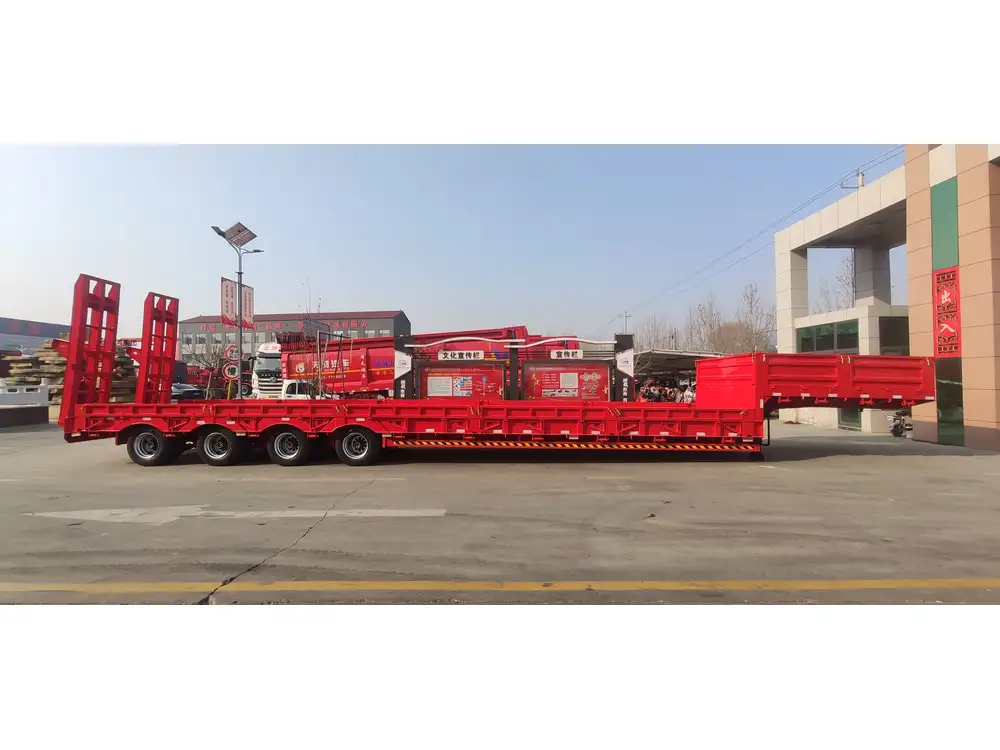
Durability and Reliability
Manufactured with robust materials, flatbed trailers are built to withstand harsh transportation conditions. Their durability ensures long-term reliability, reducing the frequency of repairs and maintenance.
Flatbed Trailers vs. Other Trailer Types
Understanding the distinctions between flatbed trailers and other trailer types is crucial for selecting the right transportation solution.
| Aspect | Flatbed Trailers | Enclosed Trailers | Refrigerated Trailers |
|---|---|---|---|
| Design | Open platform with no sides or roof | Enclosed structure with walls and a roof | Enclosed with temperature control systems |
| Cargo Types | Oversized, irregular, and heavy items | Protected goods, sensitive items | Perishable goods requiring temperature control |
| Loading/Unloading | Flexible, can be accessed from all sides | Limited to rear or specific access points | Typically accessed via rear doors |
| Versatility | Highly versatile for various cargo types | Limited to goods that need protection | Specialized for temperature-sensitive cargo |
| Cost | Generally more cost-effective | Higher cost due to enclosed design | Higher cost due to refrigeration equipment |
When to Choose a Flatbed Trailer
Opt for flatbed trailers when transporting large, bulky, or heavy items that do not fit within enclosed spaces. Industries like construction, energy, and agriculture often find flatbeds indispensable due to their flexibility and capacity.

When Other Trailers Might Be Preferable
If your transportation needs involve sensitive or weather-dependent goods, enclosed or refrigerated trailers may be more suitable. Enclosed trailers protect cargo from environmental factors, while refrigerated trailers maintain specific temperature conditions.
Why Choose CarMax Trailer for Your Flatbed Needs
At CarMax Vehicle, we pride ourselves on delivering exceptional flatbed trailers that meet the highest standards of quality, durability, and functionality. Here’s why CarMax Trailer is the preferred choice for businesses seeking reliable transportation solutions.
Superior Build Quality
Our flatbed trailers are constructed using premium materials, ensuring strength and longevity. Rigorous quality control processes are in place to guarantee that each trailer can withstand the demands of heavy-duty transportation.

Customization Options
We understand that every business has unique transportation requirements. CarMax Trailer offers a range of customization options, allowing clients to tailor their flatbed trailers to specific needs. From adjustable platforms to specialized tie-down systems, we ensure your trailer perfectly aligns with your operational demands.
Advanced Design Features
Innovation is at the heart of our design philosophy. Our flatbed trailers incorporate advanced features such as modular sections, enhanced braking systems, and aerodynamic profiles to improve performance and safety on the road.
Comprehensive Support and Maintenance
Choosing CarMax Trailer means gaining access to a dedicated support team. We provide ongoing maintenance services and expert advice to ensure your flatbed trailer remains in optimal condition, minimizing downtime and maximizing productivity.

Competitive Pricing
We offer high-quality flatbed trailers at competitive prices, delivering excellent value without compromising on performance or reliability. Our cost-effective solutions make premium transportation accessible to businesses of all sizes.
Safety and Maintenance Best Practices
Ensuring the safety and longevity of your flatbed trailer requires adherence to best practices in maintenance and operation. Here are key considerations to keep in mind:
Regular Inspections
Conduct routine inspections of the trailer’s structure, tires, brakes, and tie-down points to identify and address any issues promptly. Regular checks help prevent accidents and extend the trailer’s lifespan.

Proper Loading Techniques
Distribute weight evenly across the trailer to maintain balance and stability during transit. Use appropriate tie-downs and secure all cargo firmly to prevent shifting or falling during transportation.
Maintenance Schedule
Adhere to a maintenance schedule that includes cleaning, lubrication, and servicing of critical components. Regular maintenance ensures that all systems function correctly and reduces the risk of mechanical failures.
Driver Training
Ensure that drivers are well-trained in handling flatbed trailers, including understanding load limits, securing cargo, and maneuvering techniques. Proper training enhances safety and efficiency on the road.

Compliance with Regulations
Stay informed about and comply with all relevant transportation regulations and standards. This includes weight limits, loading guidelines, and safety requirements to ensure lawful and safe operations.
Innovations in Flatbed Trailer Design
The flatbed trailer industry is continually evolving, with innovations aimed at enhancing functionality, safety, and efficiency. CarMax Trailer leads the way in adopting cutting-edge technologies to deliver superior flatbed solutions.
Smart Technology Integration
Modern flatbed trailers are incorporating smart technologies such as GPS tracking, telematics, and real-time monitoring systems. These features enable better fleet management, improved route planning, and enhanced cargo security.
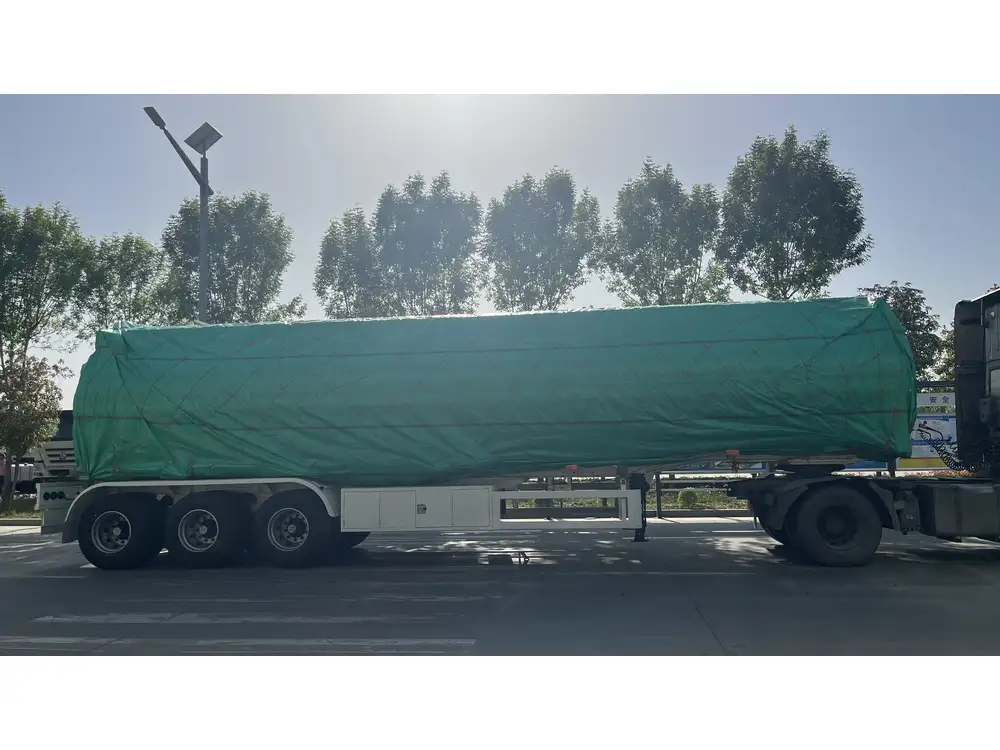
Lightweight Materials
Advancements in materials science have led to the use of lightweight yet strong materials in trailer construction. This reduces the overall weight of the trailer, allowing for higher payload capacities and improved fuel efficiency.
Aerodynamic Enhancements
Design improvements focused on aerodynamics help reduce drag, leading to lower fuel consumption and increased towing capabilities. Streamlined profiles and aerodynamic add-ons contribute to more efficient transportation.
Enhanced Safety Features
Innovations such as automatic braking systems, lane departure warnings, and collision avoidance systems are being integrated into flatbed trailers. These features enhance driver safety and reduce the likelihood of accidents.

Sustainability Initiatives
The industry is increasingly focusing on sustainability, with efforts to reduce the environmental impact of flatbed trailers. This includes the use of recyclable materials, energy-efficient manufacturing processes, and designs that support lower emissions during operation.
Conclusion
Flatbed trailers are an essential component of the transportation and logistics ecosystem, offering unparalleled versatility and capacity for a wide range of cargo types. CarMax Vehicle stands at the forefront of flatbed trailer manufacturing, delivering innovative, durable, and customizable solutions that meet the evolving needs of businesses across various industries. By choosing CarMax Trailer, you ensure reliable, efficient, and safe transportation for your valuable goods, backed by a commitment to quality and customer satisfaction.
Frequently Asked Questions

1. What distinguishes a flatbed trailer from other types of trailers?
A flatbed trailer is characterized by its open, level platform without sides or a roof, allowing for the transportation of oversized, irregularly shaped, or heavy cargo. In contrast, enclosed trailers have walls and roofs, providing protection for sensitive goods.
2. What industries benefit the most from using flatbed trailers?
Flatbed trailers are particularly beneficial for the construction, manufacturing, energy, agriculture, and logistics industries, where there is a need to transport bulky, oversized, or heavy items that require a versatile and durable platform.
3. How do I determine the right type of flatbed trailer for my business?
Assess the specific transportation needs of your business, including the size, weight, and nature of the cargo you intend to transport. Consider factors such as load capacity, trailer length, and any customization requirements to select the most suitable flatbed trailer type.
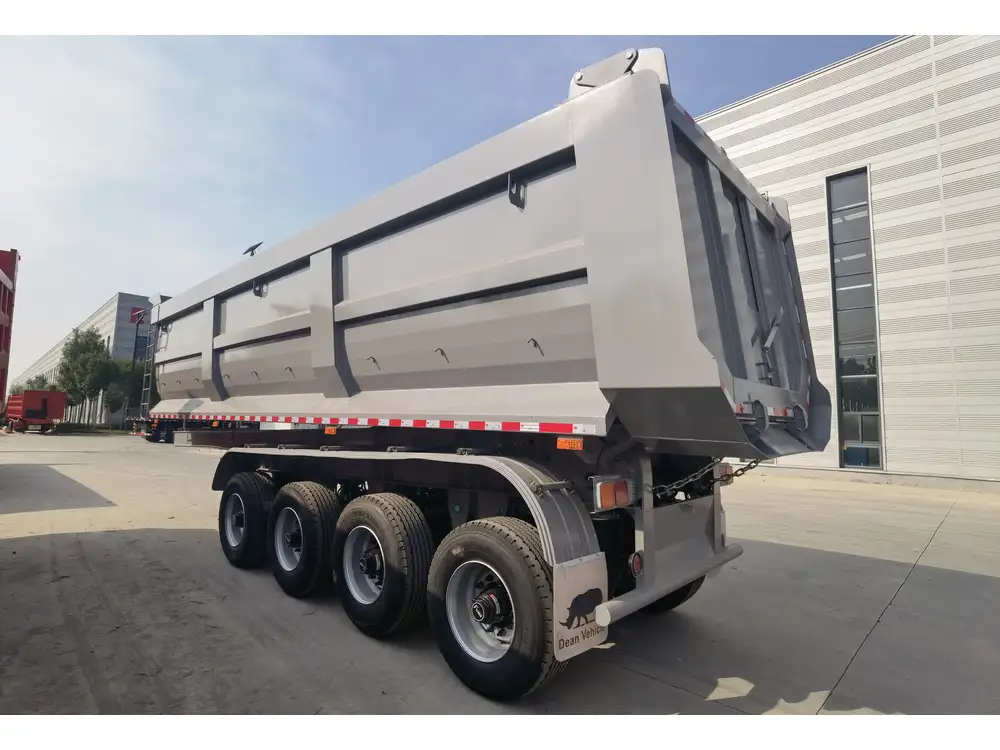
4. What maintenance practices are essential for flatbed trailers?
Essential maintenance practices include regular inspections of the trailer’s structure and components, proper cleaning and lubrication, adherence to maintenance schedules for servicing parts, and ensuring all safety features are functioning correctly to prevent accidents and extend the trailer’s lifespan.
5. How does CarMax Trailer ensure the quality and reliability of its flatbed trailers?
CarMax Trailer ensures quality and reliability through the use of premium materials, rigorous quality control processes, advanced design features, and comprehensive support and maintenance services. Our commitment to innovation and customer satisfaction guarantees that our flatbed trailers meet the highest standards in the industry.



